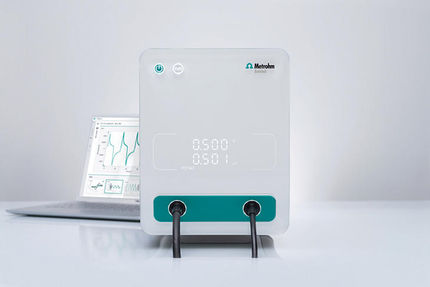To use all functions of this page, please activate cookies in your browser.
my.chemeurope.com
With an accout for my.chemeurope.com you can always see everything at a glance – and you can configure your own website and individual newsletter.
- My watch list
- My saved searches
- My saved topics
- My newsletter
BIMU8
BIMU-8 is a novel compound which acts on an area of the brain stem known as the pre-Botzinger complex. Product highlightExplanationThe pre-Botzinger complex has been found to drive respiration. BIMU-8 stimulates this area of the brain, causing an increase in the rate of respiration. BIMU-8 acts as a selective 5HT4 agonist and is one of the first compounds to be developed that was selective for this serotonin receptor subtype. Practical use of BIMU-8The most obvious practical use of BIMU-8 is to combine it with opiates in order to counteract the dangerous respiratory depressing properties of the latter.[1] BIMU-8 does not affect the painkilling properties of opiates, which means that if combined with BIMU-8, large therapeutic doses of opiates could theoretically be given to humans without risking a decrease in breathing rate. Studies have shown BIMU-8 to be effective in rats at counteracting the respiratory depression caused by the potent opioid fentanyl, which has caused many accidental deaths in humans. However no human trials of BIMU-8 have yet been carried out. Other studies have suggested a role for 5HT4 agonists in learning and memory,[2] BIMU-8 was found to increase conditioned responses in mice, and so this drug might also be useful for improving memory in humans. Interestingly other selective 5HT4 agonists such as mosapride (the only 5HT4 agonist currently available for use in humans) have been found not to reduce respiratory depression,[3] suggesting that BIMU-8 may affect 5HT4 receptors in a different way to other 5HT4 agonists, or alternatively that the anti-respiratory depressant effect of BIMU-8 is instead mediated through a different mechanism of action which has not yet been elucidated.
References
Categories: Respiratory agents | Nitrogen heterocycles | Antidotes | Serotonin receptor agonists |
||||||||||||||||||||
| This article is licensed under the GNU Free Documentation License. It uses material from the Wikipedia article "BIMU8". A list of authors is available in Wikipedia. | ||||||||||||||||||||







